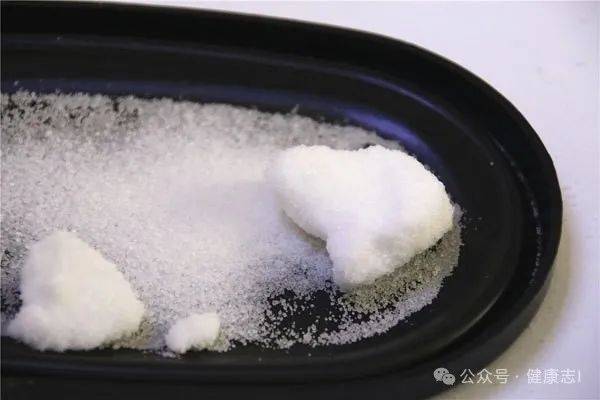In recent years, more and more middle-aged and elderly people have been experiencing hypertension, which is also a major cause of various cardiovascular diseases. In the past, hypertension was mainly associated with the elderly, but recent statistics show a trend towards younger individuals developing hypertension. As a result, many young people have started paying attention to their health and tend to consume less high-salt foods.
The common belief is that excessive consumption of high-salt foods is a major cause of hypertension. This is because high-salt foods contain a high amount of sodium ions, leading to the swelling of smooth muscle cells in blood vessels, ultimately causing an increase in blood pressure. However, the occurrence of hypertension is not solely due to salt intake. It is also related to the consumption of two other types of food.
1. Spicy foods: Besides salt intake, the consumption of spicy foods can also have an impact on increasing blood pressure. Excessive consumption of spicy foods can result in severe constipation due to dry stools, leading many constipated individuals to strain excessively during bowel movements. This excessive straining can cause significant fluctuations in blood pressure and potentially stimulate blood vessels, increasing the risk of cardiovascular diseases.
2. High-cholesterol foods: There is a significant connection between high-cholesterol foods and hypertension symptoms. Overconsumption of high-cholesterol foods accelerates the increase of low-density lipoprotein cholesterol in the blood while reducing the levels of high-density lipoprotein cholesterol. These changes speed up the formation of blood clots, leading to blockages in blood vessels and hampering blood circulation. Poor blood circulation can result in insufficient blood supply to certain parts of the body, causing the heart to exert greater effort in pumping blood, thereby keeping blood pressure elevated.
Understanding the relationship between diet and hypertension, some people may wonder why there is so much emphasis on the issue of hypertension. This is primarily due to the severe complications associated with hypertension.
1. Cardiovascular diseases: Prolonged elevation of blood pressure can lead to ischemia and hypoxia in the heart muscles, resulting in cardiac hypertrophy. This condition can disrupt blood circulation in the cardiovascular system, promoting the rapid development of atherosclerosis and potentially causing life-threatening conditions such as myocardial infarction and heart failure. The risk of coronary heart disease is particularly high in hypertensive patients.
2. Cerebrovascular diseases: Persistent high blood pressure damages blood vessels, especially in individuals over 40 years old whose blood vessels lack elasticity. Severe vessel damage in older individuals can lead to conditions like stroke or cerebral infarction. Long-term hypertension also increases the risk of clot formation, making blood vessels susceptible to rupture in weak areas during periods of emotional excitement, leading to cerebral hemorrhage.
3. Kidney diseases caused by hypertension: Many hypertensive patients may experience a decline in kidney function due to prolonged hypertension damaging the renal tubules, reducing the kidney’s ability to reabsorb urine and leading to impaired kidney function. Continual damage can easily trigger chronic kidney disease.
These are the reasons why there is significant attention given to hypertension – its potential for causing extensive damage to the body. Therefore, it is essential for individuals to develop healthy dietary habits and prevent the onset of hypertension.


